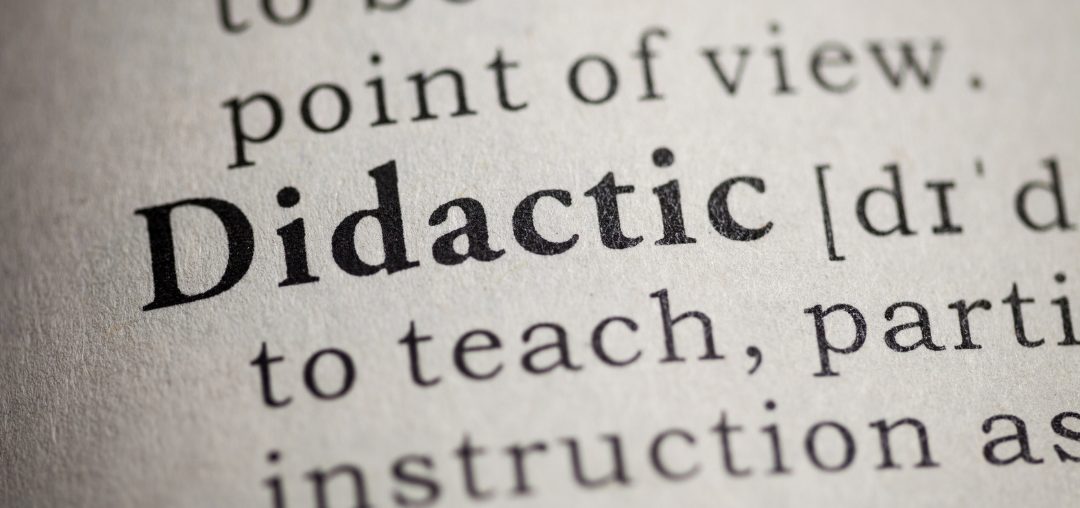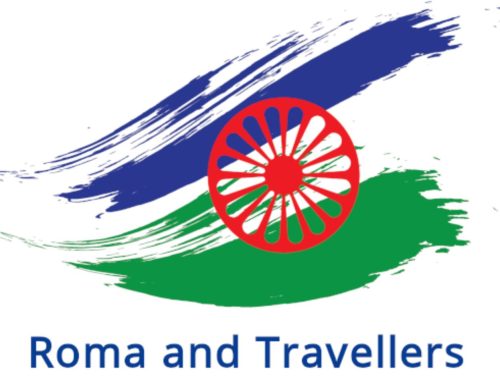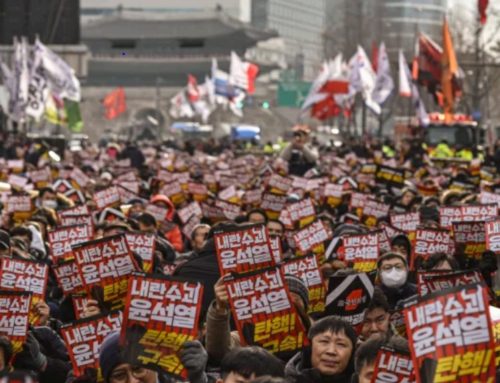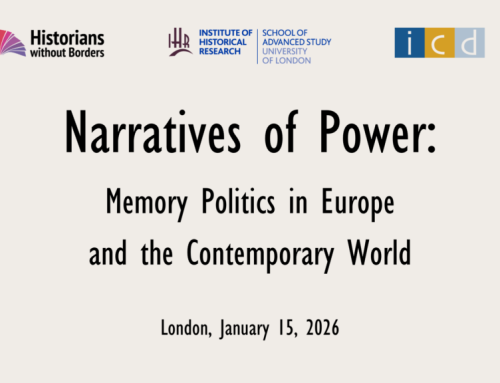On November 7th, the University of Applied Sciences NHL Stenden hosted the annual Day of History Didactics in Leeuwarden. This year’s theme was ‘Reading Crisis: Reading and Writing with History,’ which focused on how history teachers can learn from Dutch linguists (Neerlandici). Renowned Dutch author Adriaan van Dis was invited to open the day with a conversation alongside teacher-trainer and writer Coen Peppelenbos. Abel Koops represented EuroClio at the event.
Given Van Dis’s background—his father was from the Dutch East Indies—the topic was familiar territory for him, and it has been a significant focus of his work over the years. The discussion touched on the role of education in teaching children about difficult pasts and incorporating multiple narratives. Van Dis also shared his perspective on the lingering effects of colonialism in society and expressed his strong belief that identity politics does not lead to meaningful progress. He concluded by voicing his admiration for the teachers and future educators in the audience. Throughout the day, I participated in two workshops that centred around language in history education. One of these workshops involved writing a letter in response to a relative of a historical figure. Our chosen subject was Mata Hari, who is currently featured in an impressive exhibition at the Fries Museum. Before starting, we were given an introduction to Mata Hari and her relatives to provide context for our writing.
During the event, we took a break to network and explore current trends in Dutch education. Various publishers showcased their latest educational materials. I encountered the book collection from Forum, a publisher known for framing history education within the context of the past, present, and future. Bouwstenen Mens en Maatschappij presented an innovative approach where students are asked to take a position during class and follow their chosen perspective throughout the semester. This method challenges students to critically evaluate their views as they progress, offering an engaging way to study history. I also attended a workshop organised by KPZ Zwolle titled ‘Abrasive Texts.’ This session highlighted how recent children’s books are addressing complex historical topics. The workshop included a discussion on encouraging students to think independently by presenting them with texts where the author’s perspective might be subtly implied. Such texts invite deeper engagement and promote further exploration of the subject. One notable point raised during the workshop was that many textbook illustrations are accompanied by generic, unattributed texts, which can make lessons feel less authentic and fail to inspire students. Without clear authorship, these texts often remain superficial and descriptive.
Overall, the Day of History Didactics offered valuable insights into the intersection of language and history education, showcasing methods that inspire critical thinking and foster a deeper understanding of complex historical themes. A big thanks to all organizers and participants.
Written by Abel Koops













